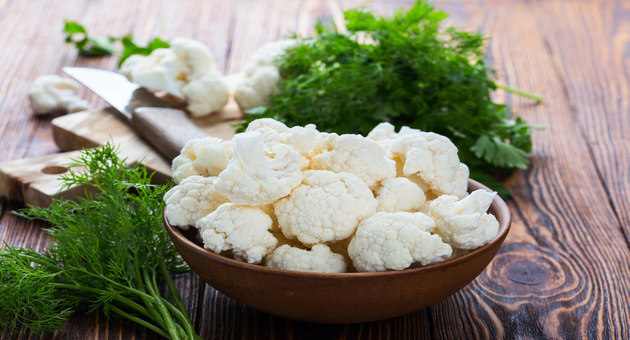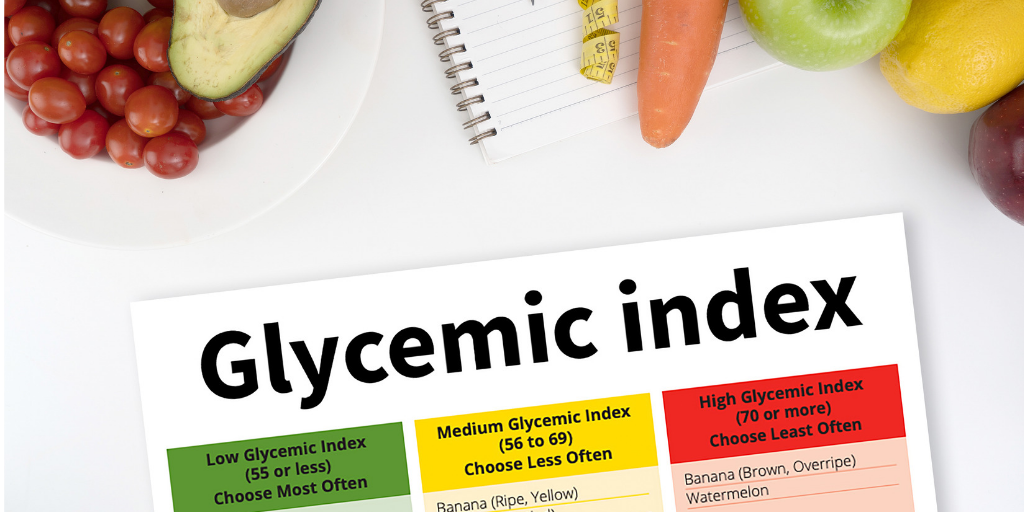1. Best vegetarian sources of protein
One of the most common concerns of vegetarians is that they don’t have solid protein options. As lean meat, poultry, fish and other animal sources are some of the best sources of protein, vegetarians have to be a little cautious to get enough protein from their diet.
However, experts say, a well planned vegetarian diet can provide you with all the nutrients you need, including protein. Because certain plant foods have more protein than others, here is a list of some best plant-based protein sources.
A diet rich in protein can promote muscles strength, satiety and even weight loss.
Daily protein inatke: The DRI (Dietary Reference Intake) is 0.8 grams of protein per kilogram of body weight.
2. Tofu
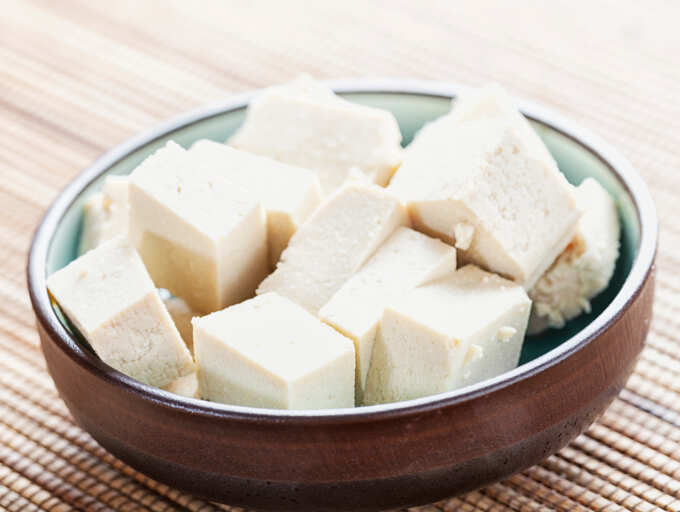
Tofu is made from soybeans. And soybeans are considered a whole source of protein, which means they provide the body with the essential amino acid it needs. Tofu doesn’t have much taste, but it can easily absorb the flavour of the other ingredients it’s cooked with.
Protein in tofu
Tofu contains 10-19 grams of protein per 100 grams.
3. Lentils
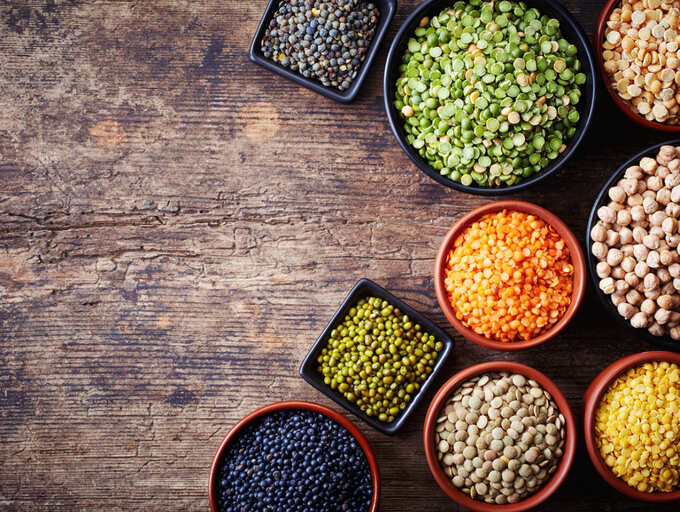
Lentils are an indispensable part of regular Indian food. It can be consumed in various forms from dals to soups. All types of lentils have a decent amount of protein but red and green lentils contain plenty of protein along with fibre, iron and potassium.
Protein in lentils
Around half a cup of cooked lentils contain 9 grams of protein.
4. Chickpeas
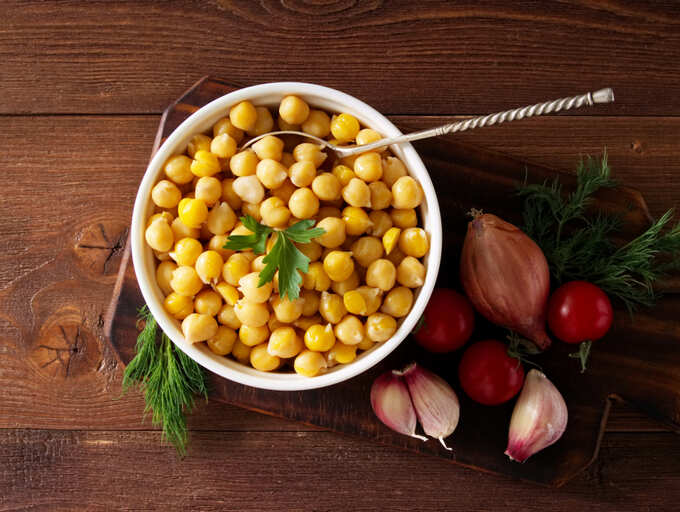
Chickpeas, called kabuli chana in Hindi are equally rich in protein. These can be consumed hot or cold and highly versatile as they can be included in many recipes. You can add them to salads, curries or simply roast them in the oven.
Another tasty way to consume chickpeas is by making hummus out of it, which can be consumed with salads or chips and sandwich.
Protein in chickpeas
10.7 grams rotein per 150 grams chickpeas
5. Peanuts
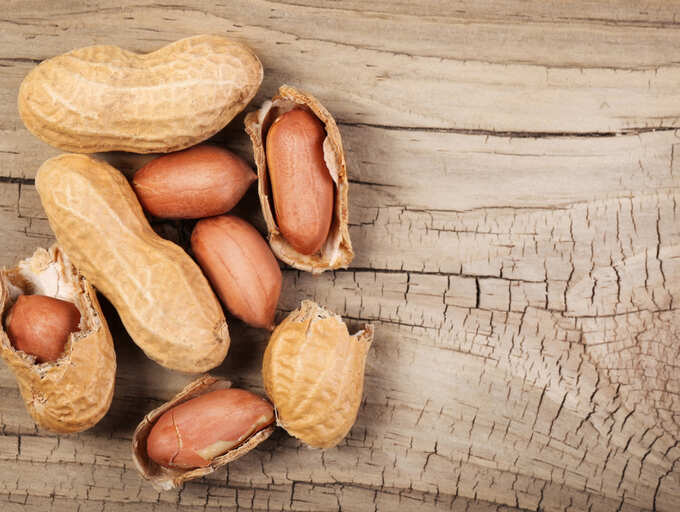
The tiny peanut seeds are power-packed with protein and good fats.Peanut butter is also rich in protein with 8 grams of protein per tablespoon, which makes peanut butter a healthy snack option.
Protein in peanuts
They contain around 20.5 grams of protein per 1/2 cup.
6. Almonds
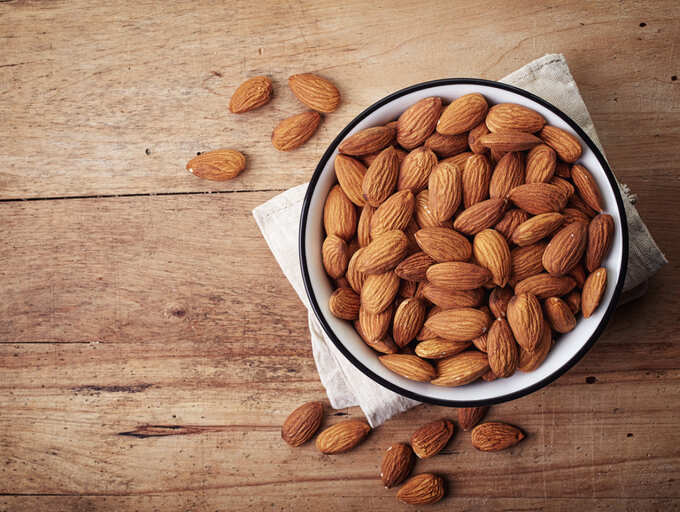
Almonds are a healthy source of protein and vitamin E. Almonds are great for skin and eye health.
Protein in almonds
1/2 cup almonds contain around 16.5 grams of protein.
7. Quinoa
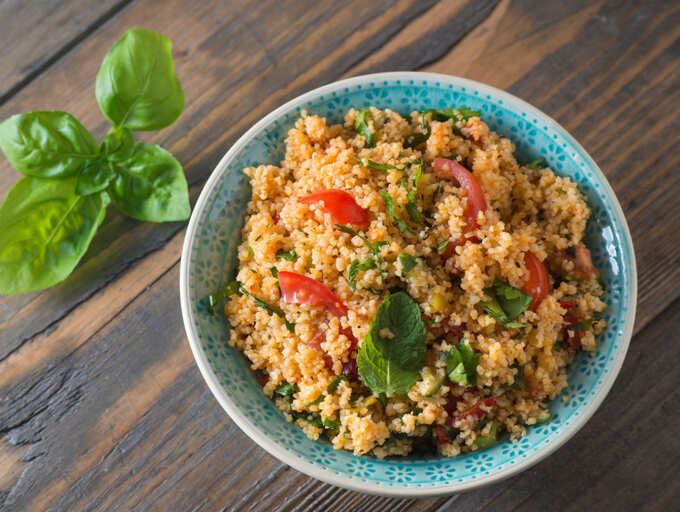
Quinoa is a grain, which a source of complete protein. Cooked quinoa contains around 8 gram of protein per cup. The grain is easily available and is highly versatile. You can make a quinoa salad, add quinoa to your rice or sprinkle it on your regular veggies.
Protein in quinoa
4.4 grams of protein per 100 gram quinoa
8. Chia seeds
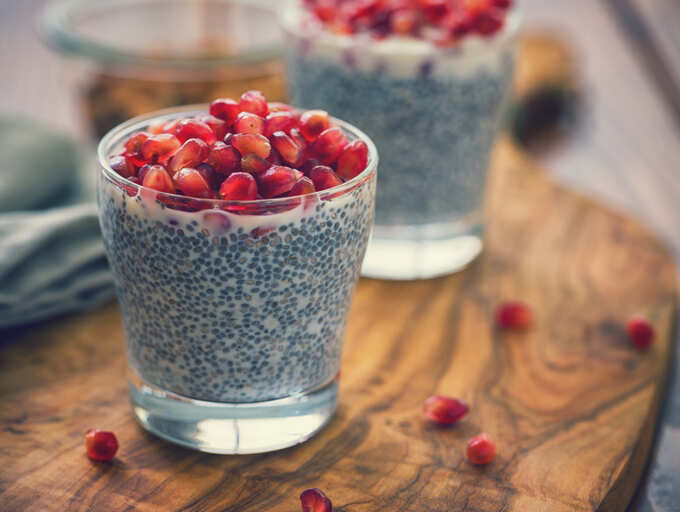
These tiny shiny seeds are low in calories and high in protein, fibre and omega 3 fatty acids.
You can add chia seeds to your smoothies, sprinkle them on yoghurt, veggies and salads. The best way to consume chia seeds is by soaking them in water or grinding them before adding them to anything.
Protein in chia seeds
Chia seeds contain 2 grams of protein per tablespoon.
9. Greek yoghurt
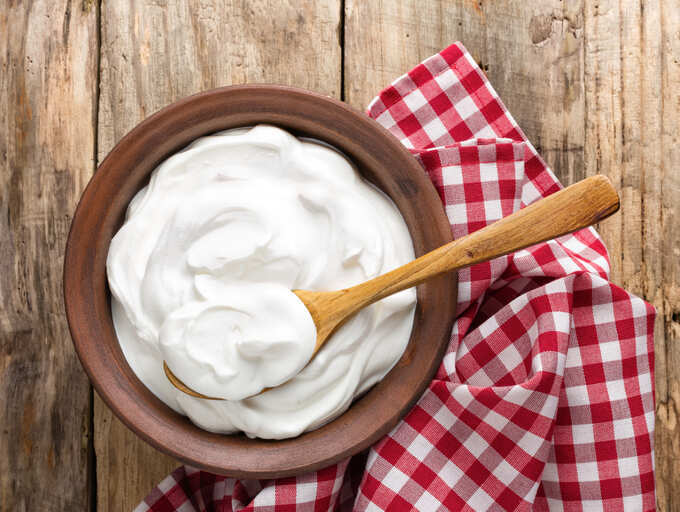
100 grams of greek yoghurt contains 10 grams of protein, which again makes it a decent source of protein. You can add Greek yoghurt to your smoothies or have it alone. It also contains healthy gut bacteria and calcium. Choose plain yoghurt over flavoured varieties to cut down on added sugar.
Protein in yogurt
100 grams of greek yoghurt contains 10 grams of protein

